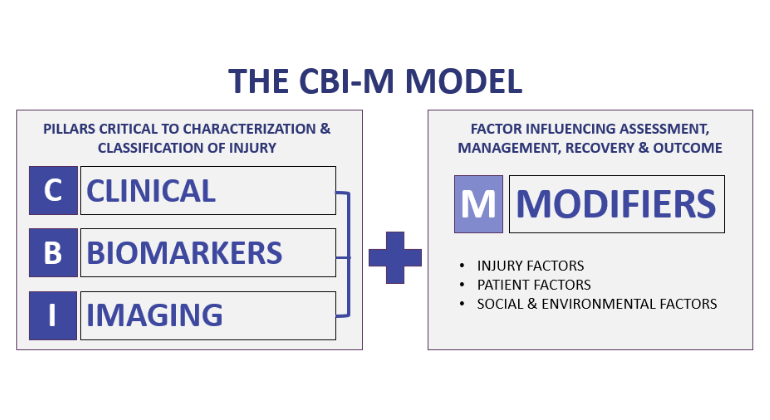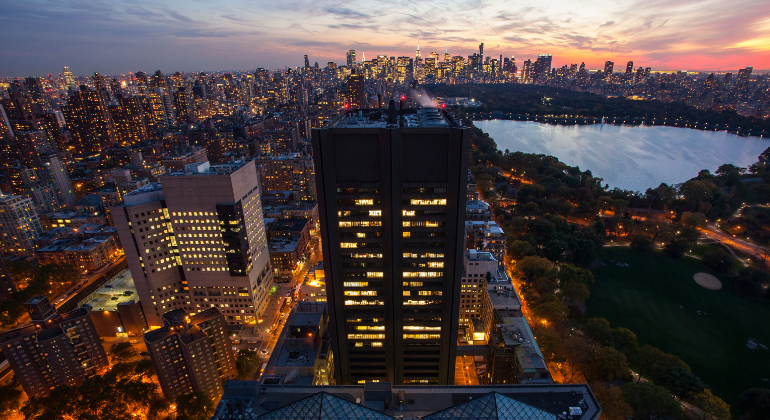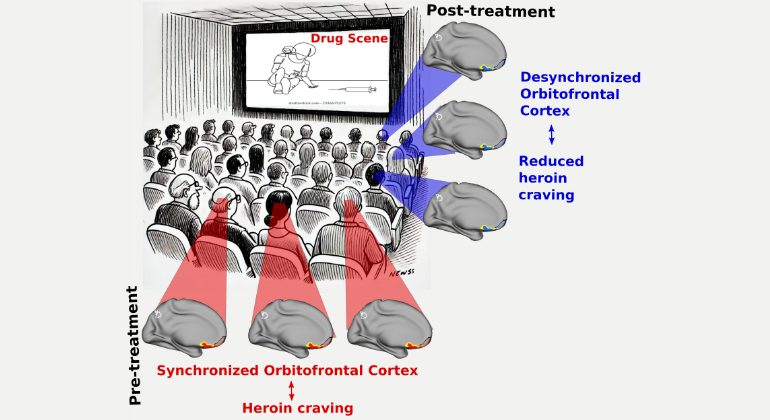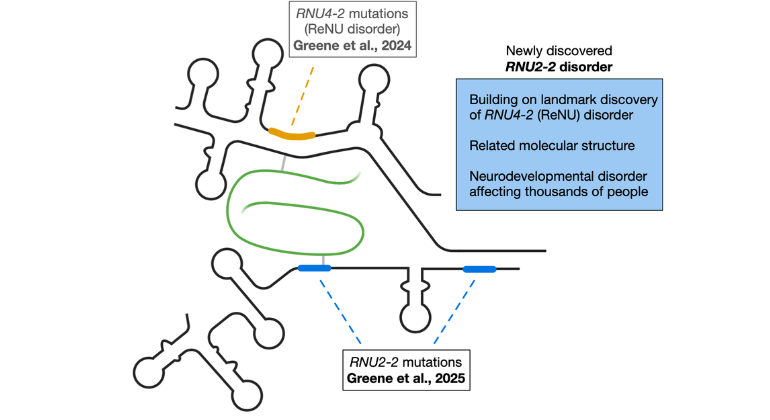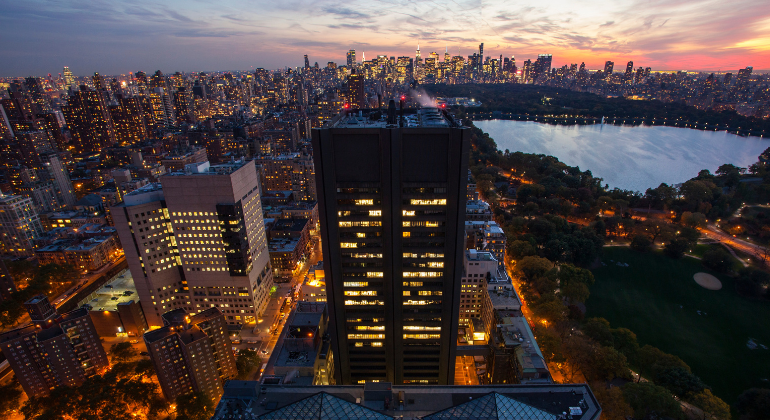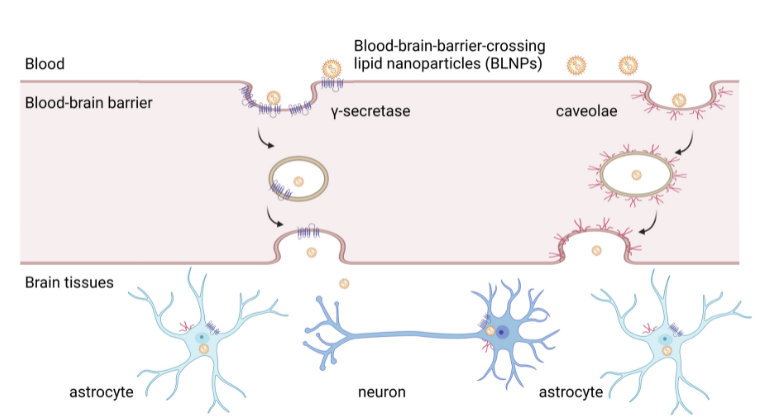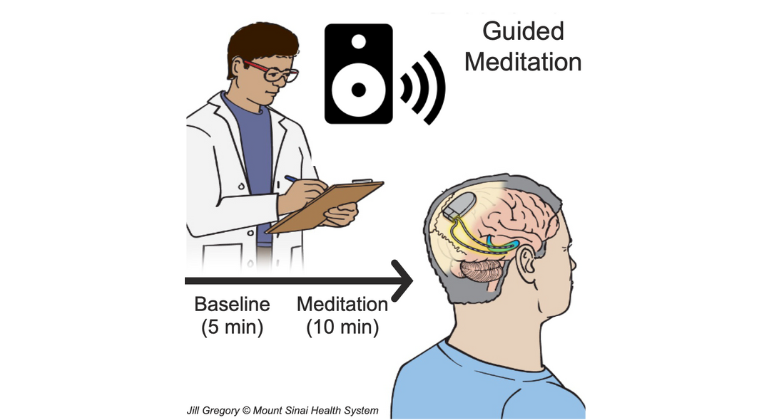Mount Sinai Researchers Identify New Drug Target for Schizophrenia
Finding provides new drug development opportunity in this hard-to-treat disease.
Researchers at Mount Sinai School of Medicine may have discovered why certain drugs to treat schizophrenia are ineffective in some patients. Published online in Nature Neuroscience, the research will pave the way for a new class of drugs to help treat this devastating mental illness, which impacts one percent of the world's population, 30 percent of whom do not respond to currently available treatments.
A team of researchers at Mount Sinai School of Medicine set out to discover what epigenetic factors, or external factors that influence gene expression, are involved in this treatment-resistance to atypical antipsychotic drugs, the standard of care for schizophrenia. They discovered that, over time, an enzyme in the brains of schizophrenic patients analyzed at autopsy begins to compensate for the prolonged chemical changes caused by antipsychotics, resulting in reduced efficacy of the drugs.
"These results are groundbreaking because they show that drug resistance may be caused by the very medications prescribed to treat schizophrenia, when administered chronically," said Javier Gonzalez-Maeso, PhD, Assistant Professor of Psychiatry and Neurology at Mount Sinai School of Medicine and lead investigator on the study.
They found that an enzyme called HDAC2 was highly expressed in the brain of mice chronically treated with antipsychotic drugs, resulting in lower expression of the receptor called mGlu2, and a recurrence of psychotic symptoms. A similar finding was observed in the postmortem brains of schizophrenic patients. The research team administered a chemical called suberoylanilide hydroxamic acid (SAHA), which inhibits the entire family of HDACs. They found that this treatment prevented the detrimental effect of the antipsychotic called clozapine on mGlu2 expression, and also improved the therapeutic effects of atypical antipsychotics in mouse models.
Previous research conducted by the team showed that chronic treatment with the antipsychotic clozapine causes repression of mGlu2 expression in the frontal cortex of mice, a brain area key to cognition and perception. The researchers hypothesized that this effect of clozapine on mGlu2 may play a crucial role in restraining the therapeutic effects of antipsychotic drugs.
"We had previously found that chronic antipsychotic drug administration causes biochemical changes in the brain that may limit the therapeutic effects of these drugs,"said Dr. Gonzalez-Maeso. "We wanted to identify the molecular mechanism responsible for this biochemical change, and explore it as a new target for new drugs that enhance the therapeutic efficacy of antipsychotic drugs."
Mitsumasa Kurita, PhD, a postdoctoral fellow at Mount Sinai and the lead author of the study, said, "We found that atypical antipsychotic drugs trigger an increase of HDAC2 in frontal cortex of individuals with schizophrenia, which then reduces the presence of mGlu2, and thereby limits the efficacy of these drugs," said
Dr. Gonzalez-Maeso's team is now developing compounds that specifically inhibit HDAC2 as adjunctive treatments to antipsychotics. The study was funded by the National Institutes of Health.
About The Mount Sinai Medical Center
The Mount Sinai Medical Center encompasses both The Mount Sinai Hospital and Mount Sinai School of Medicine. Established in 1968, Mount Sinai School of Medicine is one of the leading medical schools in the United States. The Medical School is noted for innovation in education, biomedical research, clinical care delivery, and local and global community service. It has more than 3,400 faculty in 32 departments and 14 research institutes, and ranks among the top 20 medical schools both in National Institutes of Health (NIH) funding and by U.S. News and World Report.
The Mount Sinai Hospital, founded in 1852, is a 1,171-bed tertiary- and quaternary-care teaching facility and one of the nation's oldest, largest and most-respected voluntary hospitals. In 2012, U.S. News and World Report ranked The Mount Sinai Hospital 14th on its elite Honor Roll of the nation's top hospitals based on reputation, safety, and other patient-care factors. Mount Sinai is one of 12 integrated academic medical centers whose medical school ranks among the top 20 in NIH funding and by U.S. News and World Report and whose hospital is on the U.S. News and World Report Honor Roll. Nearly 60,000 people were treated at Mount Sinai as inpatients last year, and approximately 560,000 outpatient visits took place.
For more information, visit http://www.mountsinai.org.
Find Mount Sinai on:
Facebook: http://www.facebook.com/mountsinainyc
Twitter @mountsinainyc
YouTube: http://www.youtube.com/mountsinainy
# # #
About the Mount Sinai Health System
Mount Sinai Health System is one of the largest academic medical systems in the New York metro area, with 48,000 employees working across seven hospitals, more than 400 outpatient practices, more than 600 research and clinical labs, a school of nursing, and a leading school of medicine and graduate education. Mount Sinai advances health for all people, everywhere, by taking on the most complex health care challenges of our time—discovering and applying new scientific learning and knowledge; developing safer, more effective treatments; educating the next generation of medical leaders and innovators; and supporting local communities by delivering high-quality care to all who need it.
Through the integration of its hospitals, labs, and schools, Mount Sinai offers comprehensive health care solutions from birth through geriatrics, leveraging innovative approaches such as artificial intelligence and informatics while keeping patients’ medical and emotional needs at the center of all treatment. The Health System includes approximately 9,000 primary and specialty care physicians and 10 free-standing joint-venture centers throughout the five boroughs of New York City, Westchester, Long Island, and Florida. Hospitals within the System are consistently ranked by Newsweek’s® “The World’s Best Smart Hospitals, Best in State Hospitals, World Best Hospitals and Best Specialty Hospitals” and by U.S. News & World Report's® “Best Hospitals” and “Best Children’s Hospitals.” The Mount Sinai Hospital is on the U.S. News & World Report® “Best Hospitals” Honor Roll for 2025-2026.
For more information, visit https://www.mountsinai.org or find Mount Sinai on Facebook, Instagram, LinkedIn, X, and YouTube.
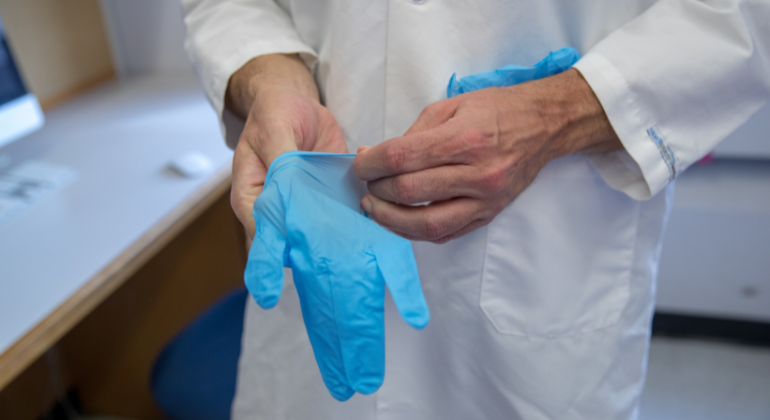
The New England Journal of Medicine Shines Spotlight on Forensic Pathology
Jul 03, 2025 View All Press Releases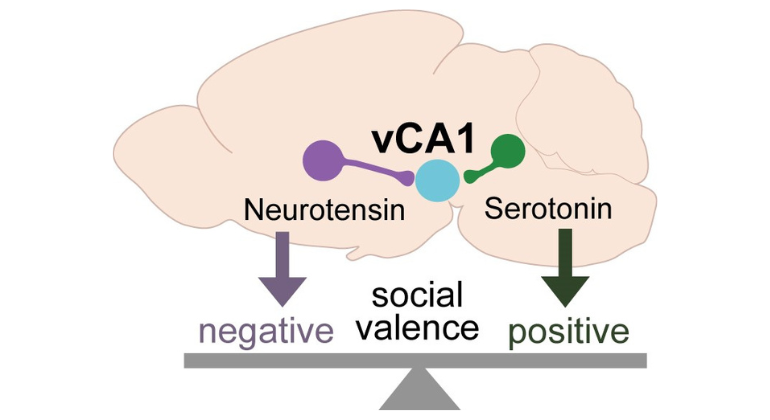
Mechanism by Which the Brain Weighs Positive vs. Negative Social Experience Is Revealed
Apr 30, 2025 View All Press Releases